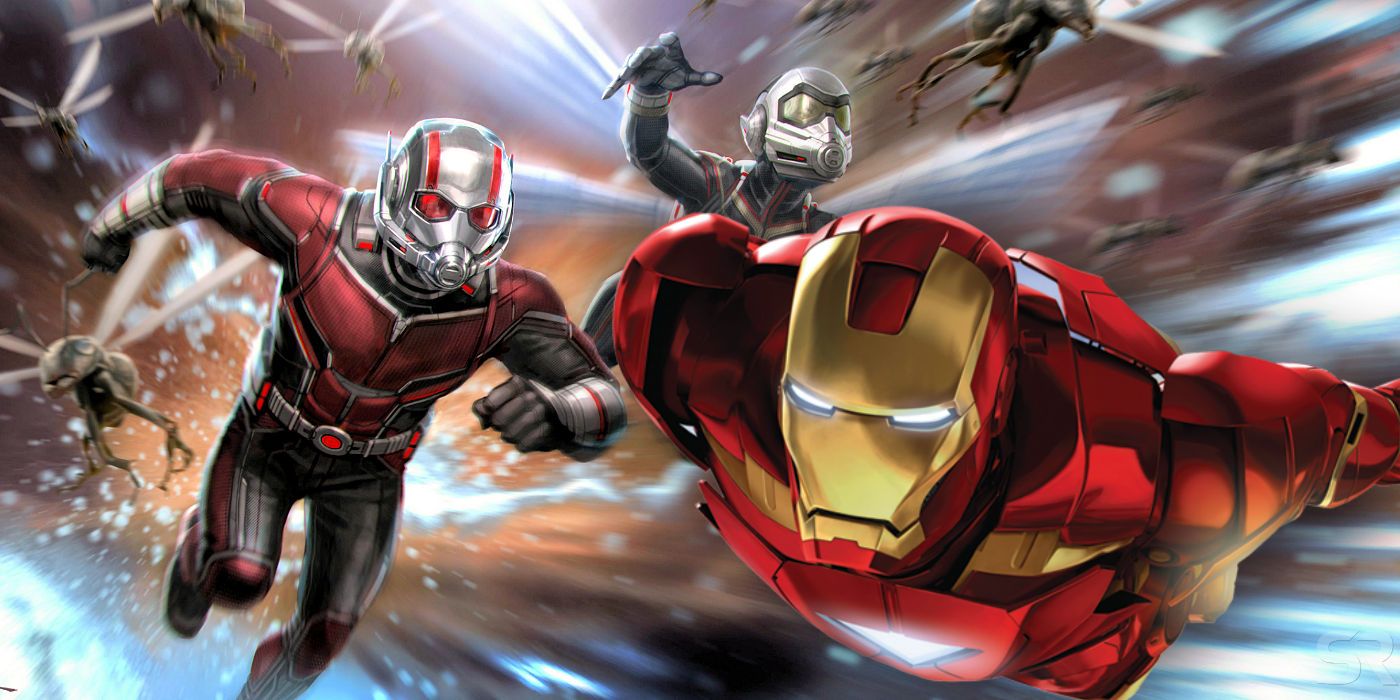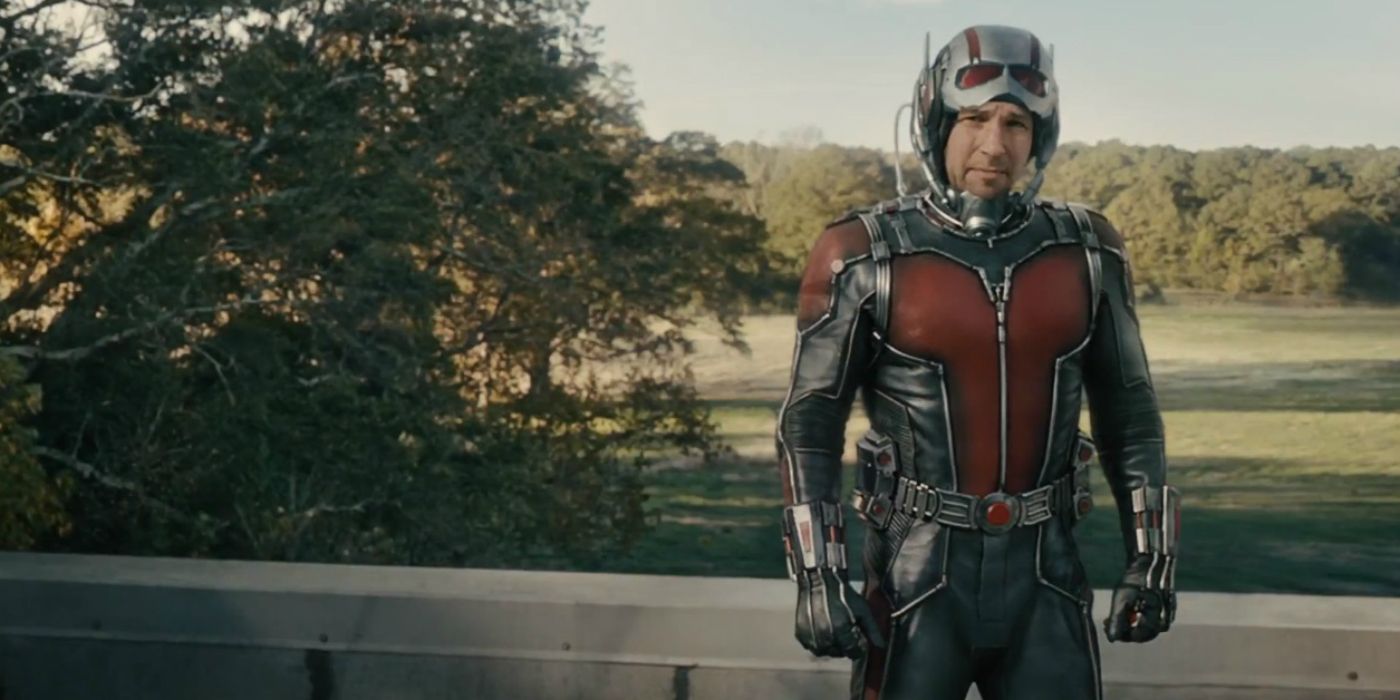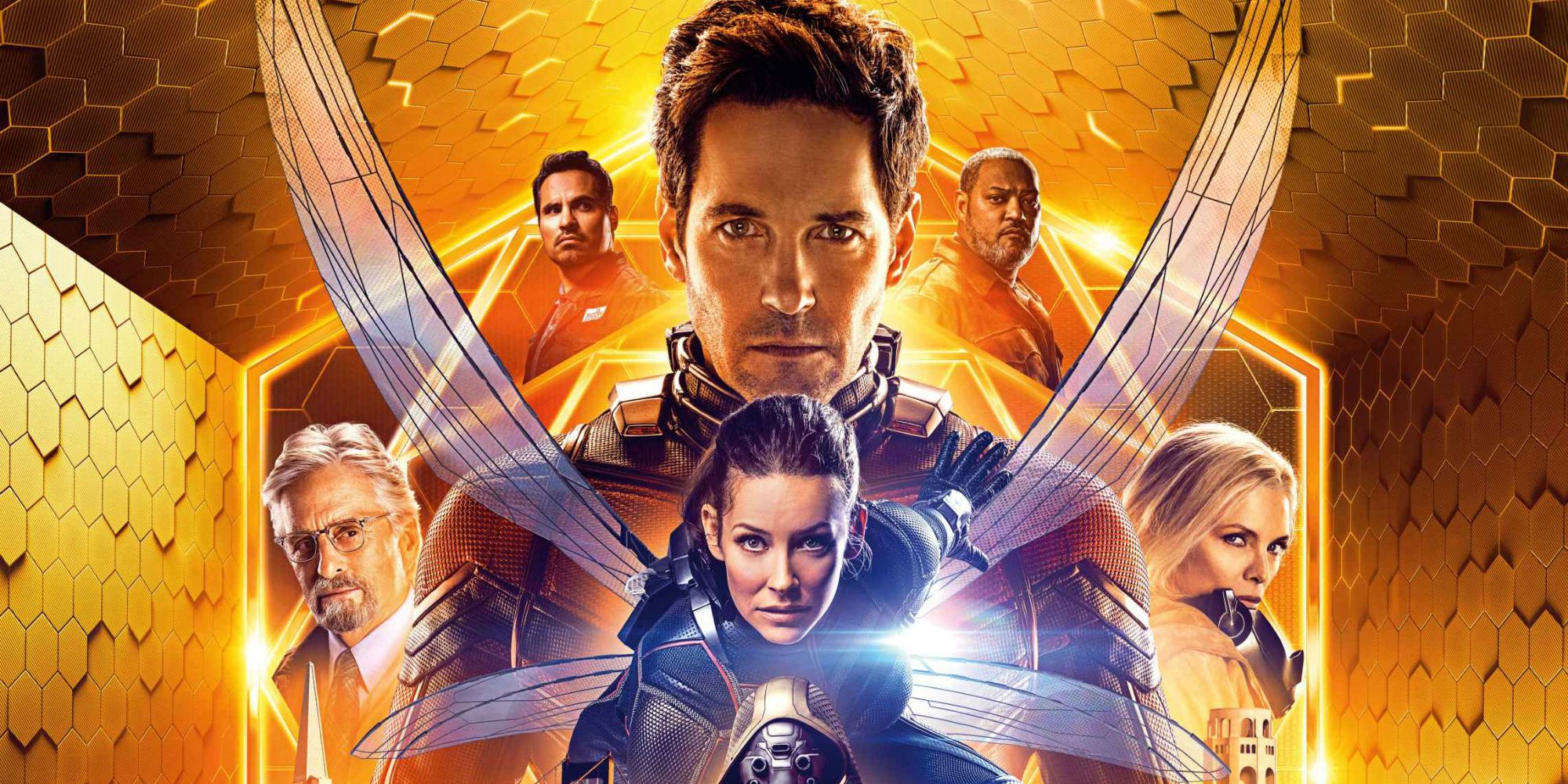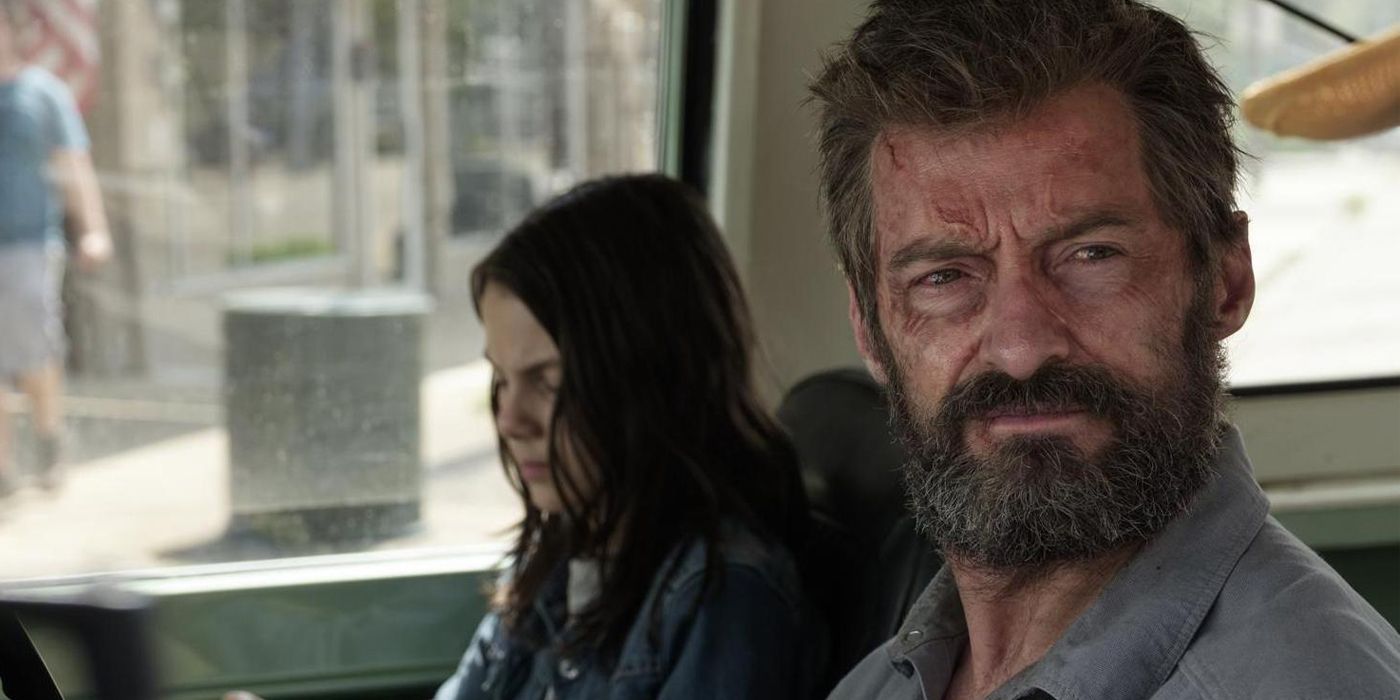The recently-announced Ant-Man 3 shows MCU's limits. Often considered one of the lower-tier MCU franchises, the Ant-Man films have been solid performers when it comes to critics and the box office, but they have never been massive hits. The first one came out in 2015 and earned a mere $180.2 million domestically (putting it on the lower end of MCU flicks) and $519.3 million worldwide. Last year, Ant-Man and the Wasp built upon both of those totals with $216.6 million domestically and $622.7 million worldwide. While those worldwide numbers are respectable, when compared to the rest of the MCU, they look rather small.
Paul Rudd stars as the sometimes-tiny hero Scott Lang, and he has been widely praised for his performance. Supporting cast members include Evangeline Lilly as Hope Van Dyne/The Wasp, Michael Douglas as Hank Pym, and Michael Pena as Luis. It's standard practice within the MCU for solo franchises to get at least a trilogy (with Thor being the exception), so when the initial Phase 4 slate was announced at San Diego Comic-Con in July and there was no mention of Ant-Man, fans were wondering what the future held for Scott. Then, Marvel revealed Ant-Man 3 is in development with Peyton Reed returning to direct after helming the previous two.
As the dust settles on the news, fans have begun to speculate what Ant-Man 3 could be about and which new characters could make appearances. However, it is also worthwhile to consider what this film will bring to the MCU and whether it is a solid addition to Phase 4. Based on Ant-Man's previous films and their reputation as a lesser-than franchise, Ant-Man 3's existence shows some of the downsides of the MCU.
Ant-Man Doesn't Deserve A Trilogy
The first thing to consider is whether Ant-Man deserves a trilogy at all. For characters like Iron Man and Captain America, it is thrilling to see how their characters evolve over the course of three films, as well as seeing how the events of the Avengers movies wedged in between affects them. The solo films present the chance to see how Tony copes with his PTSD and how Steve adjusts to the modern world. While not all of their installments are considered critical hits, their adventures are often beloved. They add something to the MCU, whether it be further world-building or character development. The same can't really be said for Ant-Man.
The first Ant-Man is a fun heist movie that introduces Scott to the MCU fairly well. It does a solid job of demonstrating why a character named Ant-Man would be useful in the greater universe. However, despite all its pros, it still doesn't explain why Ant-Man deserves a story of his own. Ant-Man and the Wasp doesn't have much more to offer, aside from the further development of the Quantum Realm. The Quantum Realm played a vital part in Avengers: Endgame, so devoting an entire movie to its development wasn't a terrible idea. Without the Quantum Realm stuff, though, Ant-Man and the Wasp feels similar to Ant-Man in that both films are light-hearted fare with little impact on the greater MCU.
There are a few plot threads left dangling at the end of Ant-Man and the Wasp that some may want to see resolved, but none of them hold any urgency. The further exploration of the Quantum Realm and the question of whether Ava Starr (Hannah John-Kamen) is alright now that she's getting Quantum Realm particles does not elicit the same fascination as, say, Peter Parker having his identity exposed to the world. Scott's character doesn't beg for more development, and if Marvel wanted more of the Wasp, they could find a way to add her to a potential all-female movie. Ant-Man 3 is not begging to be made, and while it will surely be entertaining, it is far from necessary.
Ant-Man 3 Shows How Marvel Plays It Safe
The Ant-Man franchise is a prime example of how the MCU is reluctant to take risks. One of the biggest criticisms often lobbed at Marvel is its dedication to its house-style and how all films, whether they take place in space or on Earth, feel the same. The MCU has garnered great success in creating fun, family-friendly films that follow a basic formula. Occasionally, Marvel has shown their willingness to push the boundaries of the superhero genre, like with the spy-thriller Captain America: The Winter Soldier or the all-in epic Endgame.
Ant-Man has always been a lower-risk franchise, mostly because of how little it impacts the rest of the MCU. Scott wasn't introduced until the very end of Phase Two, and while he's proved to be a useful addition to the team-up movies, his solo adventures hold little weight. The Avengers have never been concerned with Hank Pym almost losing his tech or Janet Van Dyne (Michelle Pfeiffer) being stuck in the Quantum Realm. The Ant-Man films represent Marvel's desire to make more movies, but also their reluctance to create anything that could be considered a market risk. Marvel knows audiences will turn up for just about anything they put out these days. They do not wish to alienate anyone, so they stick to something basic. Therefore, they cling to the tried-and-true formula and put out films like Ant-Man and the Wasp: Fairly entertaining, but forgettable compared to other recent MCU entries.
The MCU Could (And Should) Be So Much More
Considering how massive and successful the MCU is as a franchise, it should be willing to take more risks. It has the public's goodwill, meaning fans will likely show up for something different because they have enjoyed the previous films. It is the most profitable film franchise of all time, so it has the funds to potentially withstand a financial disappointment. There is no reason why the MCU shouldn't try to challenge itself and step outside of the box it so happily created. With competing studios creating films like Joker and Logan (both of which challenge what a comic-book film can do), the MCU needs to step it up. With the formula they've created, they won't be able to make a film like the two aforementioned hits. They just don't fit in. But they could, if Marvel let itself grow.
With Phase Four featuring films like Eternals (featuring the most diverse cast seen in an MCU pic) and Doctor Strange in the Multiverse of Madness (said to be the MCU's first horror movie), Marvel has the opportunity to take some big swings. The MCU is in a transition period right now, with the Infinity Saga coming to an end and new heroes stepping into the spotlight. This is the perfect time to push boundaries. The inclusion of Ant-Man 3 doesn't indicate Marvel is fully ready to take this step; actually, it indicates the exact opposite. But if the MCU wants to live on for many years to come, it needs to stretch its limits.










